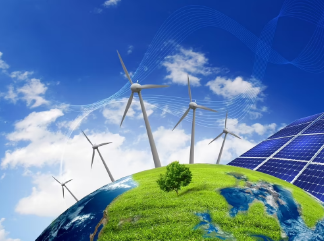
The world is on the brink of a major energy transformation as renewable electricity production is set to surpass all other major sources, signaling the end of the fossil‑fuel era. Reports indicate that more renewable capacity is expected to be deployed in the next five years than in the previous four decades.
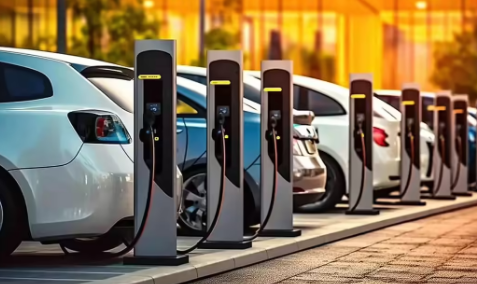
Global electric vehicle (EV) sales, including battery-electric and plug-in hybrid models, rose by 23% in October, reaching approximately 1.9 million units. This increase reflects the growing global momentum toward cleaner, sustainable transportation.
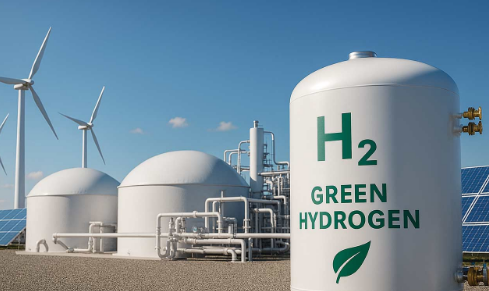
Production of low-emissions hydrogen grew by approximately 10 % in 2023 and is projected to reach around one million metric tonnes (Mt) by the end of 2025. While still a small fraction of global hydrogen production (less than 1 %), this milestone represents a crucial step forward for a technology that can significantly aid in decarbonising hard-to-abate sectors such as heavy industry and transport.
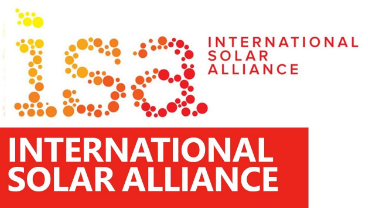
The eighth session of the International Solar Alliance (ISA) began today at the Bharat Mandapam in New Delhi, bringing together representatives from 124 countries, and over 40 ministers from across the globe. The four-day gathering aims to strengthen international cooperation and accelerate the global transition to solar energy.
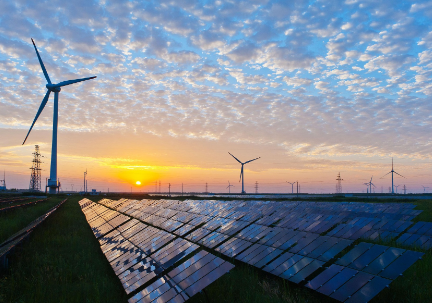
India’s renewable energy sector experienced a staggering 420% year-on-year jump in capacity additions during June 2025, rising from 1.4 GW in June 2024 to 7.3 GW added last month. This brings the country’s total renewable capacity—including solar, wind, biomass and small hydro—to 242.8 GW (excluding large hydro) as of end-June.

In a bold and strategic move, Brazil has proposed the formation of a Global Climate Council to steer unified international action on climate change ahead of COP30, set to be hosted in Belém, Brazil, in 2025. The proposal underscores Brazil’s ambition to not only host the landmark summit but also shape the global climate agenda in a decisive way.

India has reached a significant milestone by achieving 100 gigawatts (GW) of installed solar energy capacity as of January 31, 2025. This accomplishment underscores the nation's commitment to expanding its renewable energy portfolio, with an ambitious target of 500 GW of non-fossil fuel-based energy capacity by 2030.

The Malliks, a Bengaluru-based couple, have redefined sustainable living by building an eco-friendly home that functions without relying on external utilities. Their innovative residence exemplifies how modern living can coexist with environmental preservation.

Daspara, a serene village in Tripura, has gained recognition as a thriving bio-village, showcasing how rural communities can lead the way in sustainability. This transformation is driven by the Tripura Renewable Energy Development Agency (TREDA) under a unique initiative to integrate renewable energy, organic farming, and eco-friendly practices into rural life.

Prime Minister Narendra Modi highlighted India's progress in solar energy at the first International Solar Festival in New Delhi, noting a capacity of 14.9 GW and a 32-fold increase over the past decade. The event emphasized global cooperation in solar energy, aligning with Sustainable Development Goals and setting the stage for COP29 in Baku.